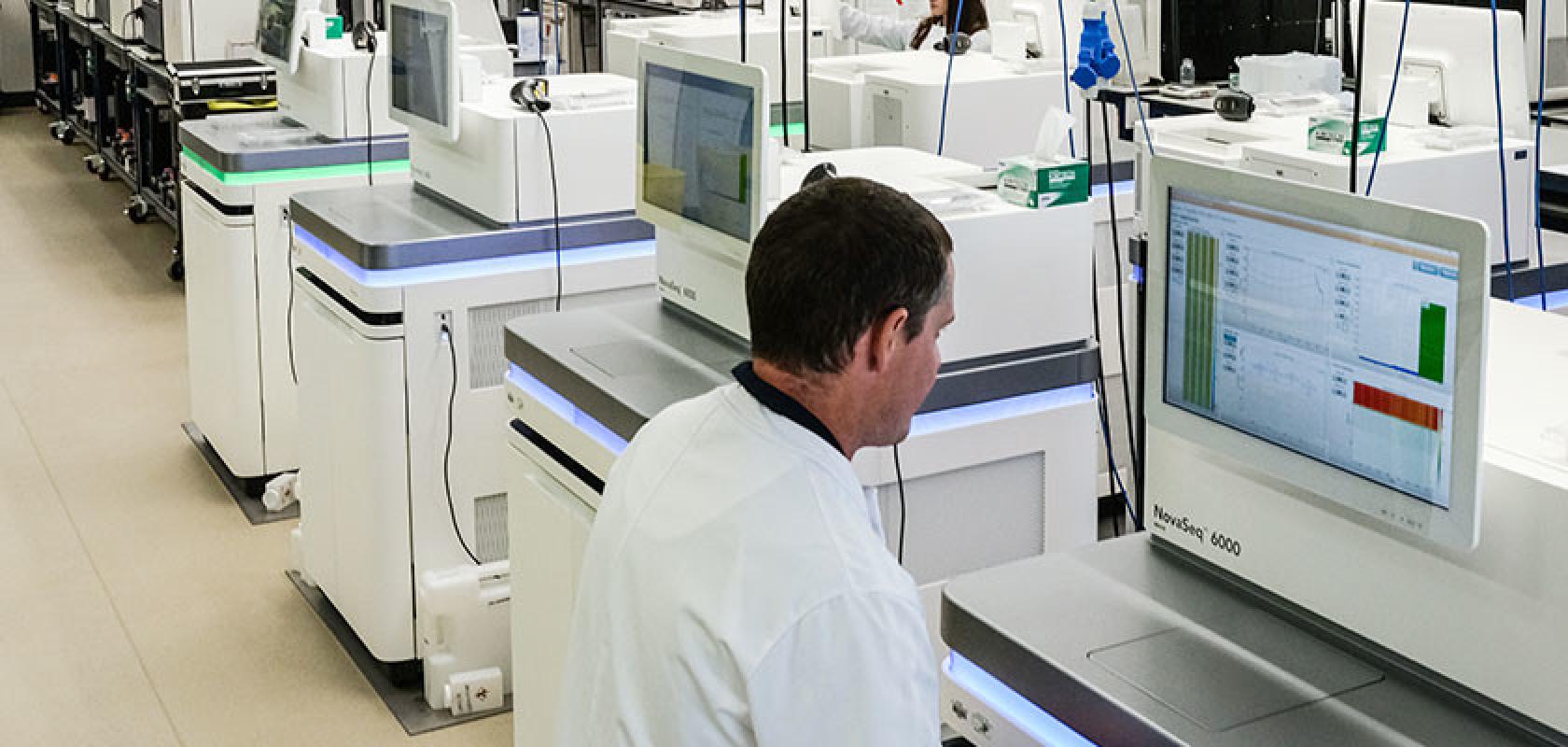The Government and the UK’s Chief Scientific Adviser have backed plans to map how COVID-19 spreads and behaves using whole-genome sequencing. Through a £20 million investment, the consortium will look for breakthroughs that help the UK respond to this and future pandemics.
COVID-19 Genomics UK Consortium - comprised of the NHS, Public Health Agencies, Wellcome Sanger Institute, and numerous academic institutions - will deliver large scale, rapid sequencing of the cause of the disease and share intelligence with hospitals, regional NHS centres and the Government.
UK Business Secretary Alok Sharma comments: ‘At a critical moment in history, this new consortium will bring together the UK’s brightest and best scientists to build our understanding of this pandemic, tackle the disease and ultimately, save lives.’
‘As a Government, we are working tirelessly to do all we can to fight COVID-19 to protect as many lives and save as many jobs as possible.’
Samples from patients with confirmed cases of COVID-19 will be sent to a network of sequencing centres which currently includes Belfast, Birmingham, Cambridge, Cardiff, Edinburgh, Exeter, Glasgow, Liverpool, London, Norwich, Nottingham, Oxford and Sheffield. The Wellcome Sanger Institute will collaborate with expert groups across the country to analyse the genetic code of COVID-19 samples It is hoped that this will give public health agencies and clinicians a unique tool to combat the virus.
By looking at the whole virus genome in people who have had confirmed cases of COVID-19, scientists can monitor changes in the virus at a national scale to understand how the virus is spreading and whether different strains are emerging. This will help clinical care of patients and save lives.
Government Chief Scientific Adviser, Sir Patrick Vallance stated: ‘Genomic sequencing will help us understand COVID-19 and its spread. It can also help guide treatments in the future and see the impact of interventions.’
‘The UK is one of the world’s leading destinations for genomics research and development, and I am confident that our best minds, working as part of this consortium, will make vital breakthroughs to help us tackle this disease,’ added Vallance.
The UK Consortium, supported by the Government, including the NHS, Public Health England, UK Research and Innovation (UKRI), and Wellcome, will enable clinicians and public health teams to rapidly investigate clusters of cases in hospitals, care homes and the community, to understand how the virus is spread and implement appropriate infection control measures.
Professor Sharon Peacock, Director of the National Infection Service, Public Health England stated: ‘This virus is one of the biggest threats our nation has faced in recent times and crucial to helping us fight it is understanding how it is spreading. Harnessing innovative genome technologies will help us tease apart the complex picture of coronavirus spread in the UK, and rapidly evaluate ways to reduce the impact of this disease on our society.’
Professor Sharon Peacock, Director of the National Infection Service, Public Health England said: ‘This virus is one of the biggest threats our nation has faced in recent times and crucial to helping us fight it is understanding how it is spreading. Harnessing innovative genome technologies will help us tease apart the complex picture of coronavirus spread in the UK, and rapidly evaluate ways to reduce the impact of this disease on our society.’
Professor Sir Mike Stratton, director of the Wellcome Sanger Institute added: ‘Rapid genome sequencing of COVID-19 will give us unparalleled insights into the spread, distribution and scale of the epidemic in the UK. The power of 21st-century science to combat this pandemic is something that those going before us could not have dreamt of, and it is incumbent on us to do everything we can to first understand, and then limit, the impact of COVID-19.’


